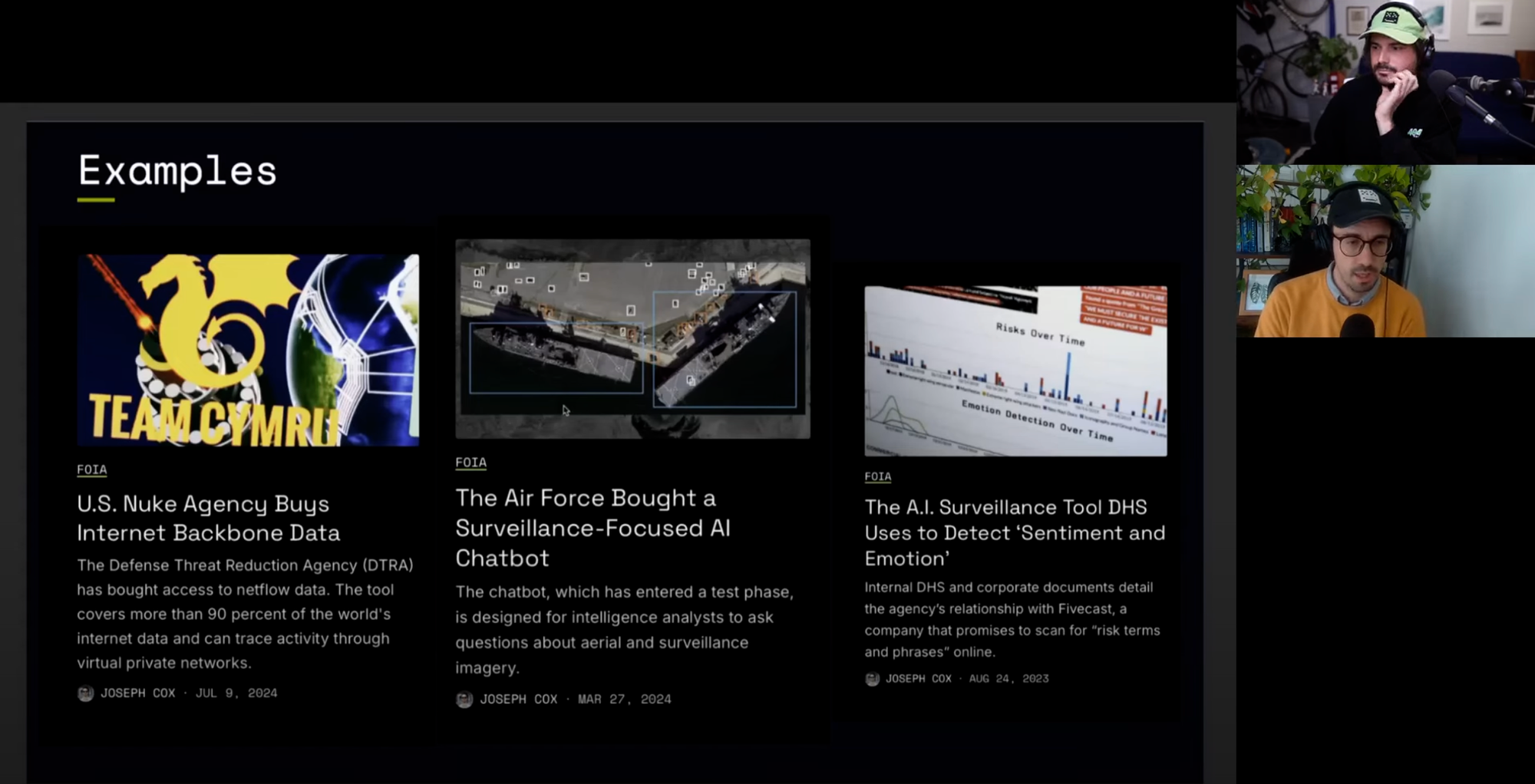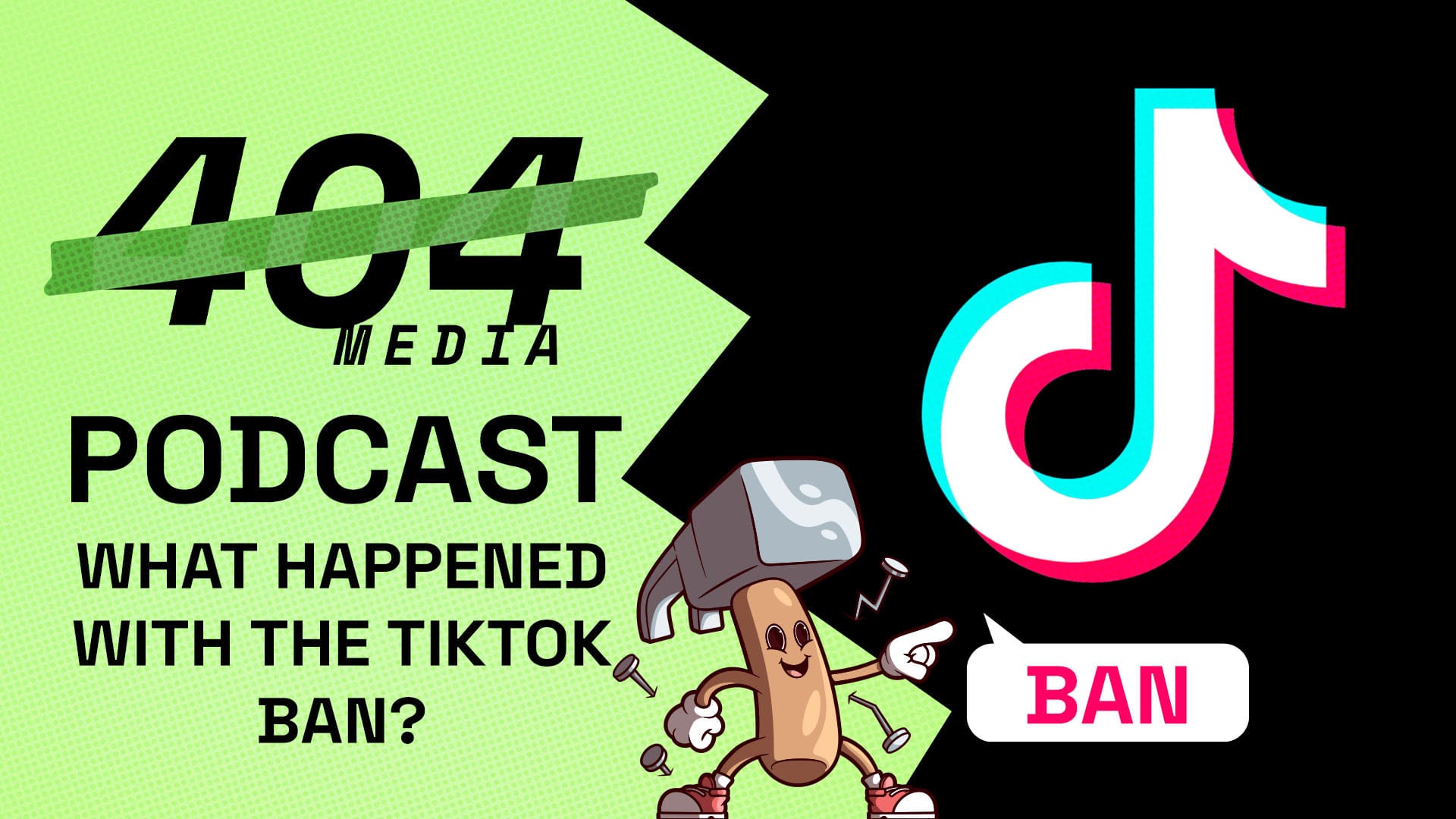AT&T Hacker Tried to Sell Stolen Data to Foreign Government
A U.S. soldier who recently pleaded guilty to hacking AT&T and Verizon communicated with an email address that he believed belonged to a foreign country’s military intelligence service and attempted to sell the service stolen data, according to newly filed court records reviewed by 404 Media. The court document also says that the soldier searched for “U.S. military personnel defecting to Russia.”
The court filing in the case of Cameron John Wagenius, who used the handles kiberphant0m and cyb3rph4nt0m, discusses Wagenius’ unlawful posting and transferring of confidential phone records, including records belonging to high-ranking public officials. 404 Media previously revealed how hackers linked to the AT&T breach mined it for records associated with members of the Trump family, such as Melania and Ivanka Trump, Kamala Harris, and Marco Rubio’s wife. The court document does not say what specific data Wagenius tried to sell to the foreign intelligence service, or who that data belonged to.
The news further stresses the catastrophic nature of the AT&T breach and its national security implications, which saw hackers make off with “nearly all” of AT&T’s customers’ calls and text metadata records across a several month period. The news also signifies how some participants in the Com, a nebulous community of mostly English speaking hackers, fraudsters, and violent criminals that coalesce on Telegram and Discord, and which Wagenius was associated with, are crossing paths with powerful international entities. 404 Media previously reported SIM swappers in the Com have worked with an Eastern European ransomware gang.
“As discussed in the government’s sealed filing, the government has uncovered evidence suggesting that the charged conduct was only a small part of Wagenius’ malicious activity,” the court record, filed on Wednesday, reads. “For more than two weeks in November 2024, Wagenius communicated with an email address he believed belonged to Country-1’s military intelligence service in an attempt to sell stolen information. Days after he apparently finished communicating with Country-1’s military intelligence service, Wagenius Googled, ‘can hacking be treason,’” the document continues.
That section does not name the specific country. But a further section says that Wagenius searched for “U.S. military personnel defecting to Russia.” It then says “He also searched for information about defecting to Country-1, the country to which he attempted to sell stolen information in November,” suggesting that Country-1 is Russia.
A footnote in the document says that the U.S. government has not verified whether the email address actually belongs to Country-1’s military intelligence service. “What is significant, however, is that Wagenius believed that it did,” the document says.
AT&T did not immediately respond to a request for comment.




















